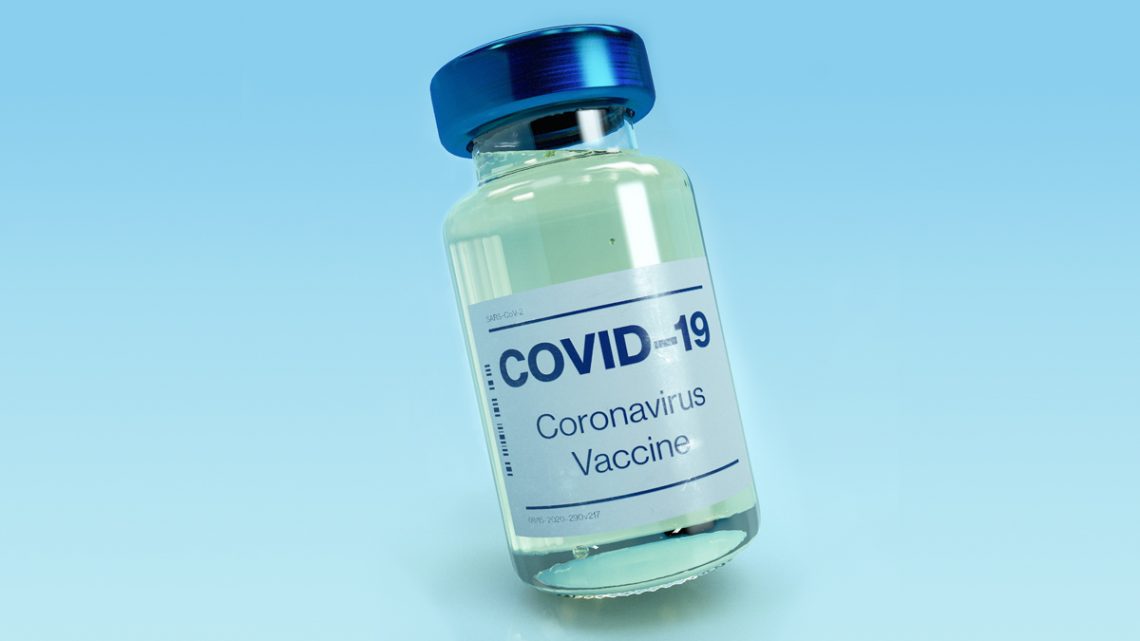
On behalf of the Bishops, the Department for Social Justice of the Catholic Bishops’ Conference of England and Wales has issued a follow up to its September 2020 statement – COVID-19 and Vaccination (24 September 2020).
+++
The development of a vaccine against COVID-19 presents an important breakthrough in protecting others as well as oneself from the virus; a virus which has not only caused a global pandemic and led to a huge loss of life but has also placed a great burden on healthcare workers and systems.
Each of us has a duty to protect others from infection with its danger of serious illness, and for some, death. A vaccine is the most effective way to achieve this unless one decides to self-isolate.
At present, debate concerns the use of the vaccines developed by Pfizer & BioNTech, Moderna, and AstraZeneca. Some have questioned the use of the Astra Zeneca vaccine since it has been developed from cell-lines originating from the cells of an aborted foetus in 1983.
The Congregation for the Doctrine of the Faith and the Pontifical Academy of Life have expressed the view that one may in good conscience and for a grave reason receive a vaccine sourced in this way, provided that there is a sufficient moral distance between the present administration of the vaccine and the original wrongful action.
In the COVID-19 pandemic, we judge that this grave reason exists and that one does not sin by receiving the vaccine.
Both the Pfizer & BioNTech and Moderna vaccines have a different source since they are mRNA-based vaccines. On 2 December 2020, the Pfizer & BioNTech vaccine was approved for use in the UK.
Each Catholic must educate his or her conscience on this matter and decide what to do, also bearing in mind that a vaccine must be safe, effective, and universally available, especially to the poor of the world.
Catholics may in good conscience receive any of these vaccines for the good of others and themselves. In good conscience, one may refuse a particular vaccine but continues to have a duty to protect others from infection.
Right Reverend Richard Moth
Chair, Department of Social Justice
Catholic Bishops’ Conference of England and Wales